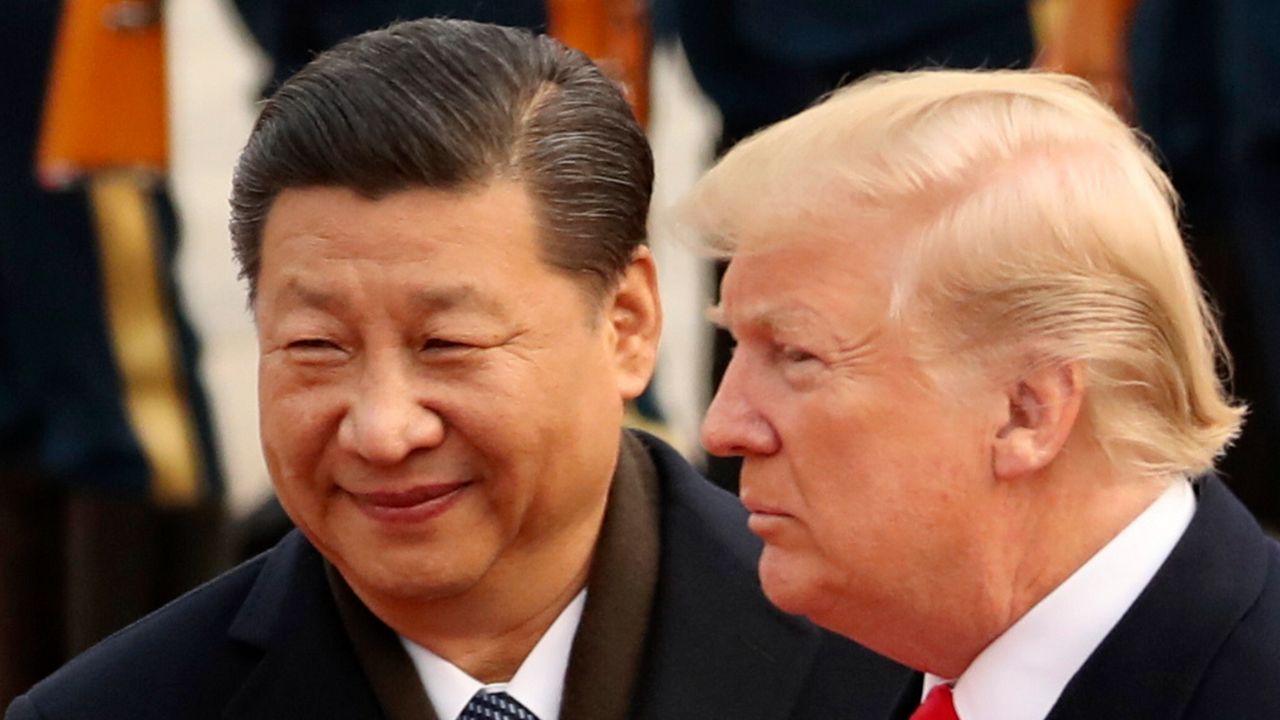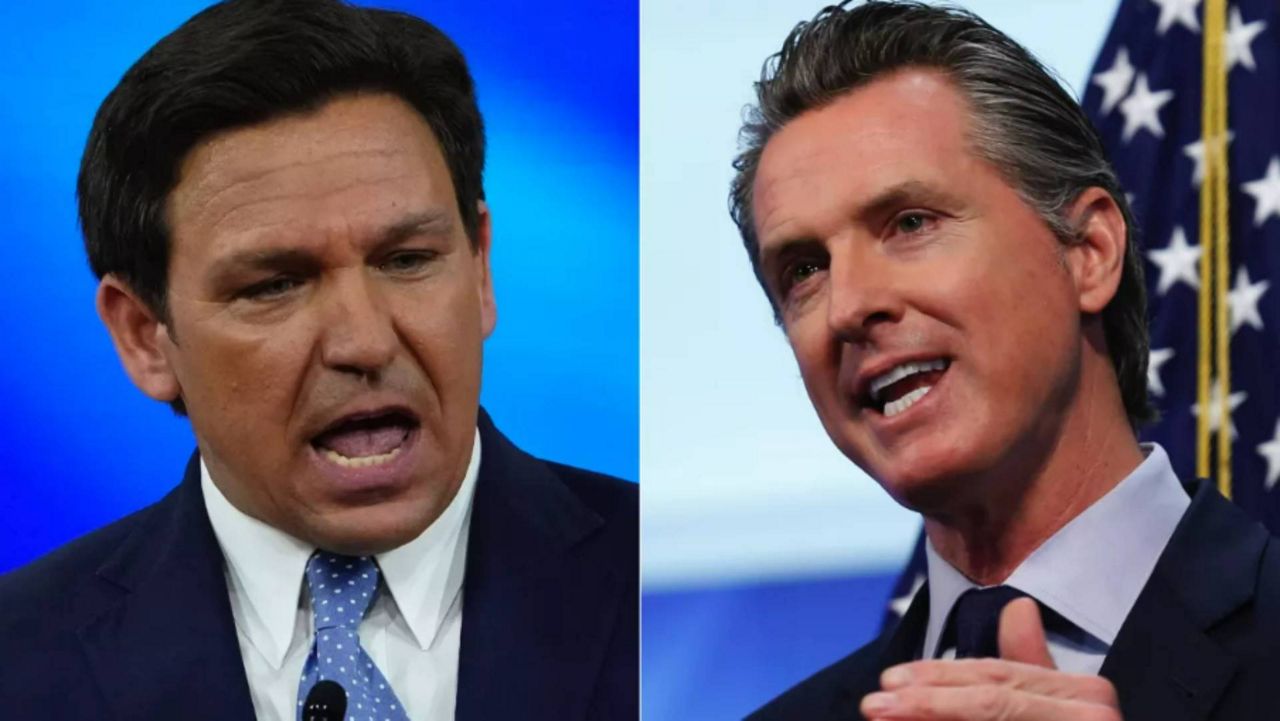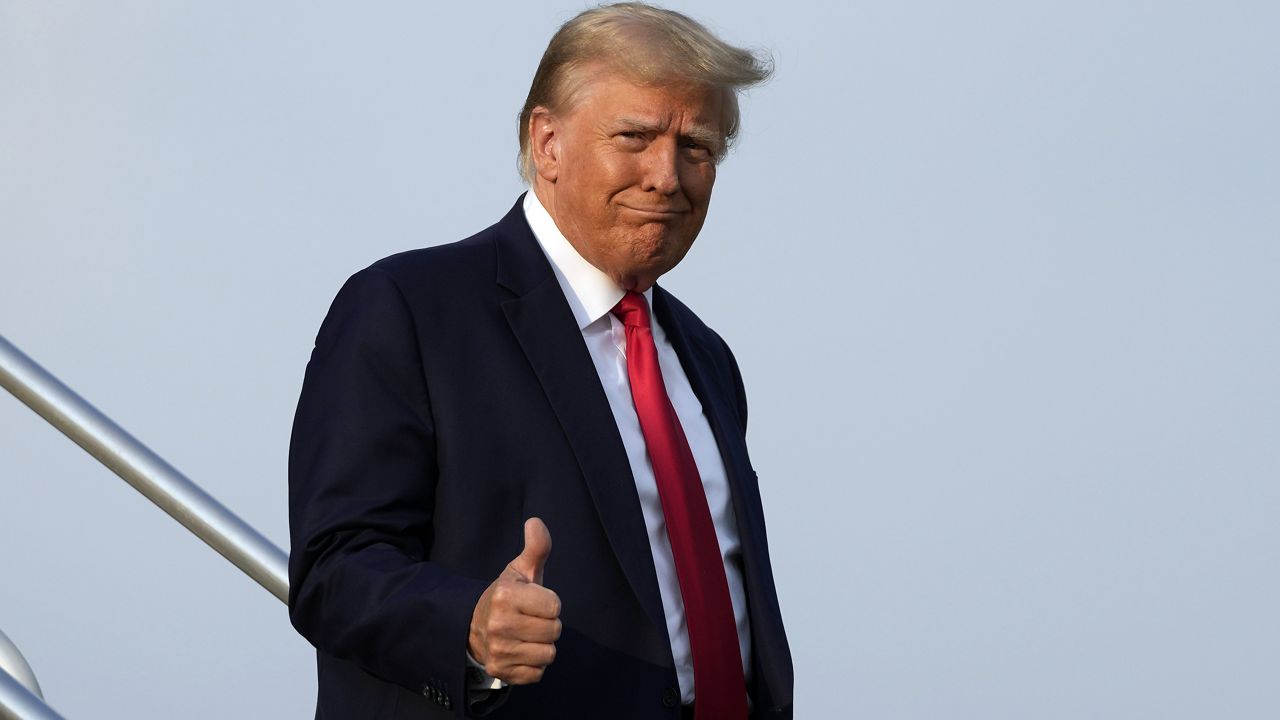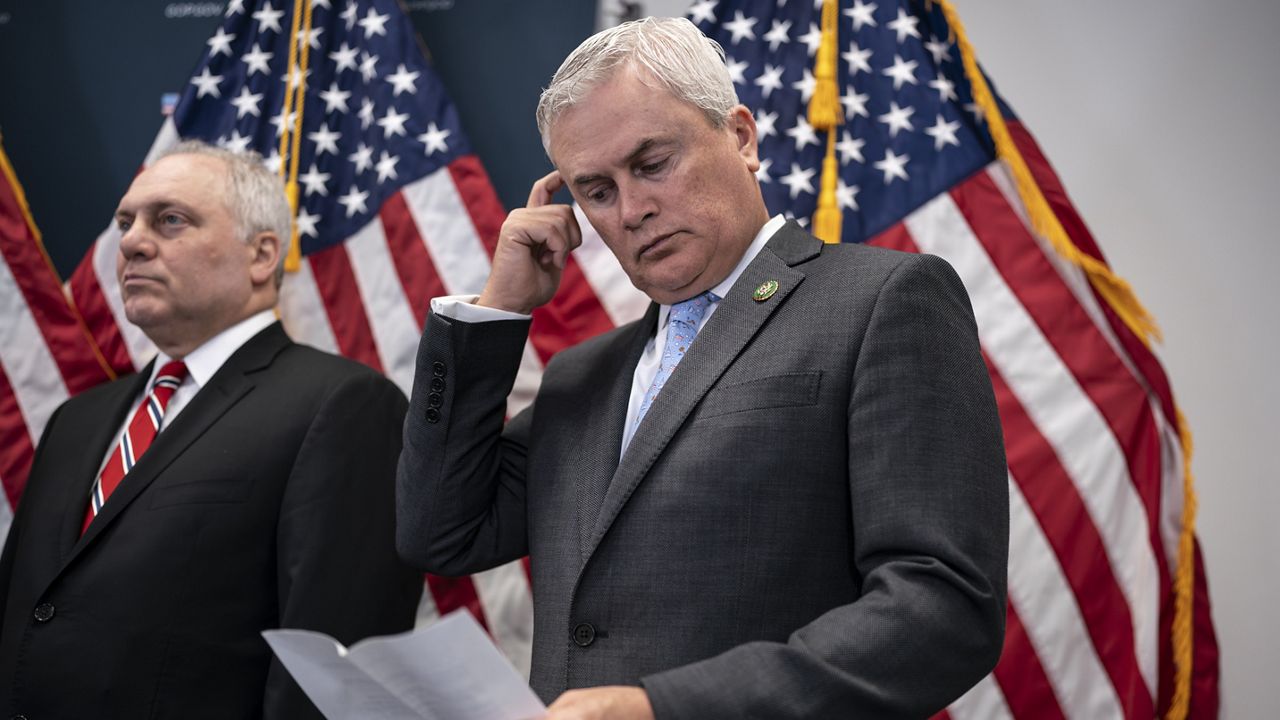President Joe Biden on Friday signed a bill to avert a nationwide rail strike, forcing the adoption of a labor agreement brokered by his administration in September that thousands of union workers opposed.
The contract imposed this week will raise workers’ pay and add one paid day off, but it lacks the addition of sick leave, a major piece that workers have been calling for for months.
Workers were set to strike on Dec. 9, something that could have cost the economy around $2 billion per day once it began, according to a report from the Association of American Railroads.
Biden on Friday called the freight rail system the “backbone” of the U.S. economy and that the bill helps avoid “economic catastrophe.”
“I know this was a tough vote for members of both parties. It was tough for me, but it was the right thing to do at the moment — to save jobs, to protect millions of working families from harm and disruption and to keep [the] supply chain stable around the holidays,” he said before signing the bill.
The House this week also passed an extra measure to give workers seven paid sick days, but it failed in the Senate on Thursday, with most Republicans and Democrat Joe Manchin of West Virginia voting against the addition.
President Biden acknowledged Friday: “We still have more work to do, in my view, in terms of ultimately getting paid sick leave not just for rail workers but for every worker in America.”
Asked how soon workers could expect leave, Biden said: “As soon as I can convince our Republicans to see the light.”
The compromise labor agreement was brokered by the Biden administration in September, and it was favored by the railroads and a majority of the unions — but was opposed by four of the 12 unions, which in total represent roughly 115,000 employees at large freight railroads.
The agreement provides for 24% raises — the biggest rail workers have seen in more than four decades — and $5,000 in bonuses retroactive to 2020, as well as one additional paid leave day. Workers would have to pay a larger share of their health insurance costs, but their premiums would be capped at 15% of the total cost of the insurance plan.
Union leaders were not pleased with Congress voting to impose the deal this week, calling it a betrayal from both Democrats and Republicans.
“This one-two punch from the two political parties is despicable,” said Railroad Workers United General Secretary Jason Doering. “Politicians are happy to voice platitudes and heap praise upon us for our heroism throughout the pandemic …. Yet when the steel hits the rail, they back the powerful and wealthy Class One rail carriers every time.”
Labor Secretary Marty Walsh, who helped broker the deal this fall, pushed back on that criticism, pointing out that workers have been operating without a contract since 2020.
“This contract was stalled until President Biden intervened,” he told Spectrum News.
“There are obviously a lot of rail workers out there that want to get paid sick leave, and I support them in that. This was not the vehicle to do that. And what we'll do is continue to work with them to get the paid sick leave.”










